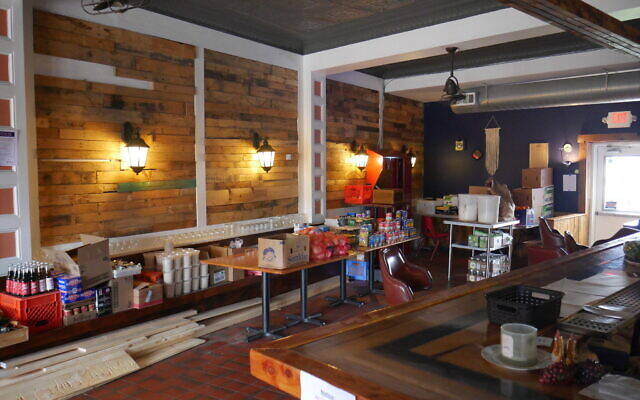The events of the last few weeks are disturbing and appalling. The horrific killing of George Floyd is indescribable in its wrongness and the evil required to commit the act. That came just weeks after the ruthless and senseless murder of Ahmaud Arbery.
We know racism is wrong and systemic racism should have no place in our communities. We know that treating people as though they are not valuable or they are something less than we are, is wrong. For WFS, we believe our mission to empower children, adults and families by providing transformational care provides us an unwavering foundation. It provides an anchor to hold on to no matter the turbulence, disruption and challenges of current circumstances. Our focus to provide empowerment to all we are privileged to serve, and for those doing the serving, that mission has been the backbone of this organization for over 100 years. However, we have seen the tragedy when empowerment is taken away so unfairly and with great injustice. There is so much listening and work to be done.
In thinking about the days ahead, it is important that we acknowledge that these acts and the taking of life, this disempowering of people, is not acceptable at Wesley Family Services. We must ensure that processes are in place where discussion, reflection, expression of emotion, the processing of grief, and all the other things that come with these situations can happen.
The core values of WFS have great absolute truths to them that provide guidance and direction. When being led by our mission and values, we will provide inspiration for each other, for those we serve, and for our communities at this desperate time.
The first value is the idea of transformation. That positive life-change can happen when the right support is in place. But at the root and core of transformation is the concept that every person has a gift, something unique to them that no one has ever had or ever will have in the same way. Every person has something special. It follows then that we would be motivated to support their empowerment to see how their gift and uniqueness will enhance their quality of life. We would want to treat them with dignity, respect and love because they have a special gift.
The second is the value of empathy. We must be skilled and passionate about listening. At the base of this value is the undeniable truth that every person is valuable. Every person is valuable because they are. Knowing all are valuable compels us to listen honestly and humbly – It doesn’t matter their position, appearance or circumstances in life.
The third value is a commitment to excellence. At the root of excellence is to do what is in somebody else’s best interest. Oftentimes this requires putting our interest second to their interest. For those entrusted to our care comes the weighty responsibility to serve with excellence by first asking the question what is the best interest of the child, adult and family we are privileged to serve.
The next value is innovation. Inherent in this value is a commitment to humbly and genuinely acknowledge that another person’s idea is valuable. At WFS we describe it this way: In order to be innovative – there’s a person with idea “A” and a person with the idea “B.” And when they come together to innovate, they often have different approaches and ideas. Each one’s (A’s and B’s) first responsibility is to acknowledge the other and affirm that their point of view is worth being heard and has value. It needs to be predetermined by both A and B that by coming together they will create something better, “C!” And that needs to come from both A and B, not just A, and not just B.
The first four values in culmination and practice create the fifth, inspiration. There could not be a more critical time to provide inspiration to each other, to those we serve and to our communities.
These values must stand in the midst of the most difficult of life and community circumstances. The truths supporting them have provided WFS perspective and context for serving hundreds of thousands of clients, knowing they all have a unique gift, are valuable, are deserving of serving their best interest and require our innovation by together creating something better.




